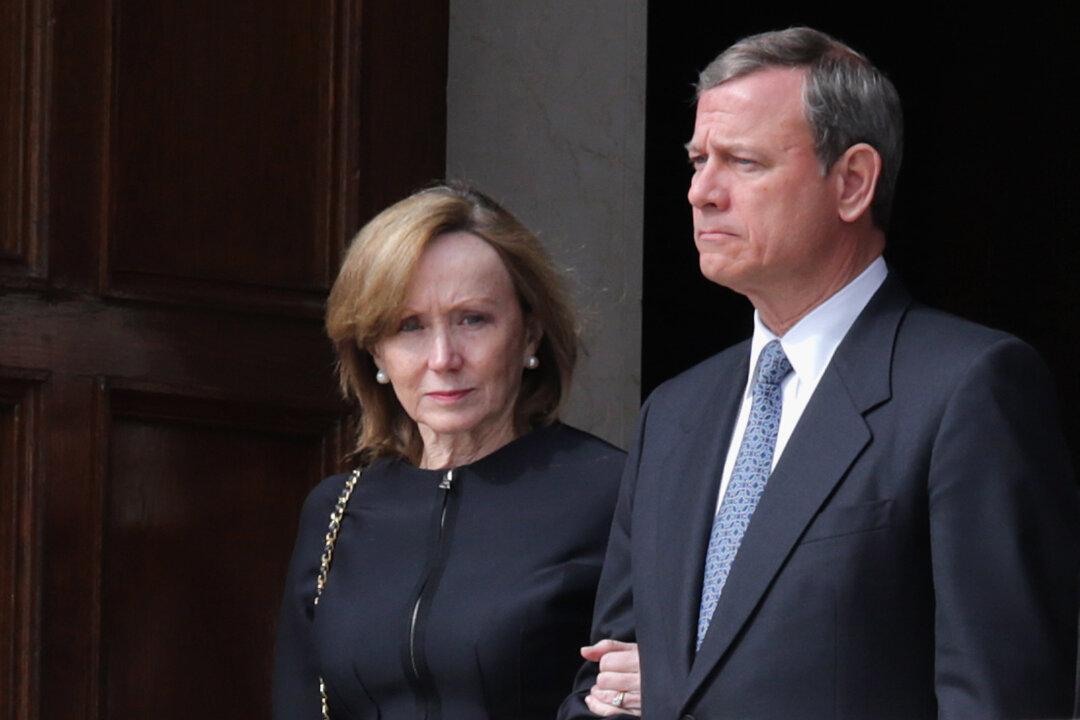The Senate impeachment trial of President Donald Trump will start on Jan. 16 with the swearing-in of senators and Supreme Court Chief Justice John Roberts, who will preside over the trial.
Senators will hear from Trump’s team and House managers, who will try to sway them to vote to either acquit or convict Trump on charges of obstructing Congress and abusing the office of the president. Senators, who aren’t allowed to speak during the trial, will submit written questions through Roberts after hearing the sides present their cases.





